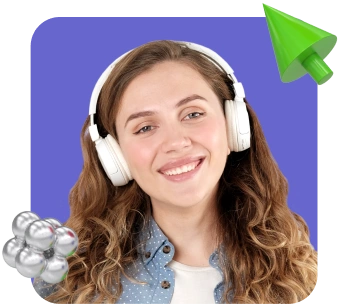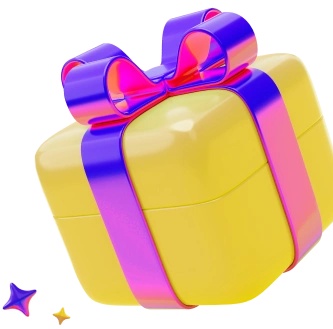INTRODUCTION 3
Paragraph 1. Classical approaches to the irony 4
Paragraph 2. The difference between irony and humor 8
Paragraph 3. Common examples of irony 9
CONCLUSION 13
BIBLIOGRAPHY 14
Читать дальше
As it can be concluded frоm the human’s experience, all literary devices are essential and useful for everyday life and literature masterpieces that makes our cultural heritage. This fact proves that all figures of speech should be studied as they help us to communicate effectively, write fascinating books and shoot intriguing films, read literature and laugh, all it is possible owing to different types of poetic figures. Irony is one of the interesting and useful tropes, it is used quite often.
Irony is a literary device in which contradictory statements or situations reveal a reality that is different frоm what appears to be true. There are many forms of irony featured in literature. The effectiveness of irony as a literary device depends on the reader’s expectations and understanding of the disparity between what «should» happen and what «actually» happens in a literary work. This can be in the form of an unforeseen outcome of an event, a character’s unanticipated behavior, or something incongruous that is said. There are also many examples of using irony in our everyday life in ordinary situations. In the general sense, there are sustained and verbal irony. Verbal irony is sometimes considered to be more complicated than a standard one as it not always based on the direct inner contradiction, when the reader feels an undercurrent with the opposite meaning behind an ironical word.
The essential point is that scientists strictly separate irony and humor, as the latter always lead to laugh while the former rather lead to a sense of irritation, displeasure, pity or even regret.
The great variety of examples of using irony in literature and our speech speaks for itself. Irony is common in our lives and all people should learn it for use it correctly and understand the world in a write way.
Читать дальше
1. Alba-Juez L. Irony as inferred contradiction [Electronic resource] // Вестник РУДН. Серия: Лингвистика. 2014. №4. URL: https://cyberleninka.ru/article/n/irony-as-inferred-contradiction (date of request: 18.12.2020).
2. Alba-Juez L., Attardo S. The evaluative palette of verbal irony // In L. Alba-Juez & G. Thompson (eds.), Evaluation in Context. Amsterdam: John Benjamins, 2014.
3. Alba-Juez L. Irony and the other off record strategies within Politeness Theory [Electronic resource] // In Miscelanea: A Journal of English and American Studies, 2005. Vol. 16, pp. 13—23. (PDF) Irony and the other off record strategies within Politeness Theory (researchgate.net) (date of request: 18.12.2020).
4. Arnold I.V. Современный английский язык [Electronic resource] // Стилистика. Современный английский язык, 2002. URL: Стилистика. Современный английский язык. Арнольд И.В. (go-toefl.ru) (date of request: 19.12.2020).
5. Barbe K. “‘Isn’t it ironic that...’: Explicit irony markers”. In Journal of Pragmatics 20. 2009. P. 579—590.
6. Galperin I.R. Stylistics [Electronic resource] // Классический учебник по стилистике английского языка для факультетов иностранных языков, 2014. URL: Гальперин И.Р. Стилистика английского языка (studmed.ru) (date of request: 18.12.2020).
7. Literary Devices [Electronic resource] // Definition and Examples of Literary Terms. URL: Irony Definition, Common Examples, and Significance in Literature (literarydevices.net) (date of request: 18.12.2020).
8. Makhlin V.L. Ирония [Electronic resource] // Литературоведческий журнал. 2016. №39. URL: https://cyberleninka.ru/article/n/ironiya (date of request: 19.12.2020).
9. Morokhovskiy A.N., Vorobeva O.P., Likhosherst N.I., Timoshenko Z.V. Стилистика английского языка [Electronic resource] // Изд-во: Вища школа. 2001. URL: (DOC) Мороховский А.Н. Стилистика английского языка | Анна Чалык - Academia.edu (date of request: 19.12.2020).
10. Skrebnev Yu.M. Основы стилистики английского языка [Electronic resource] // Астрель, 2003. URL: Основы стилистики английского языка. Скребнев Ю.М. (go-toefl.ru) (date of request: 19.12.2020).
Читать дальше







